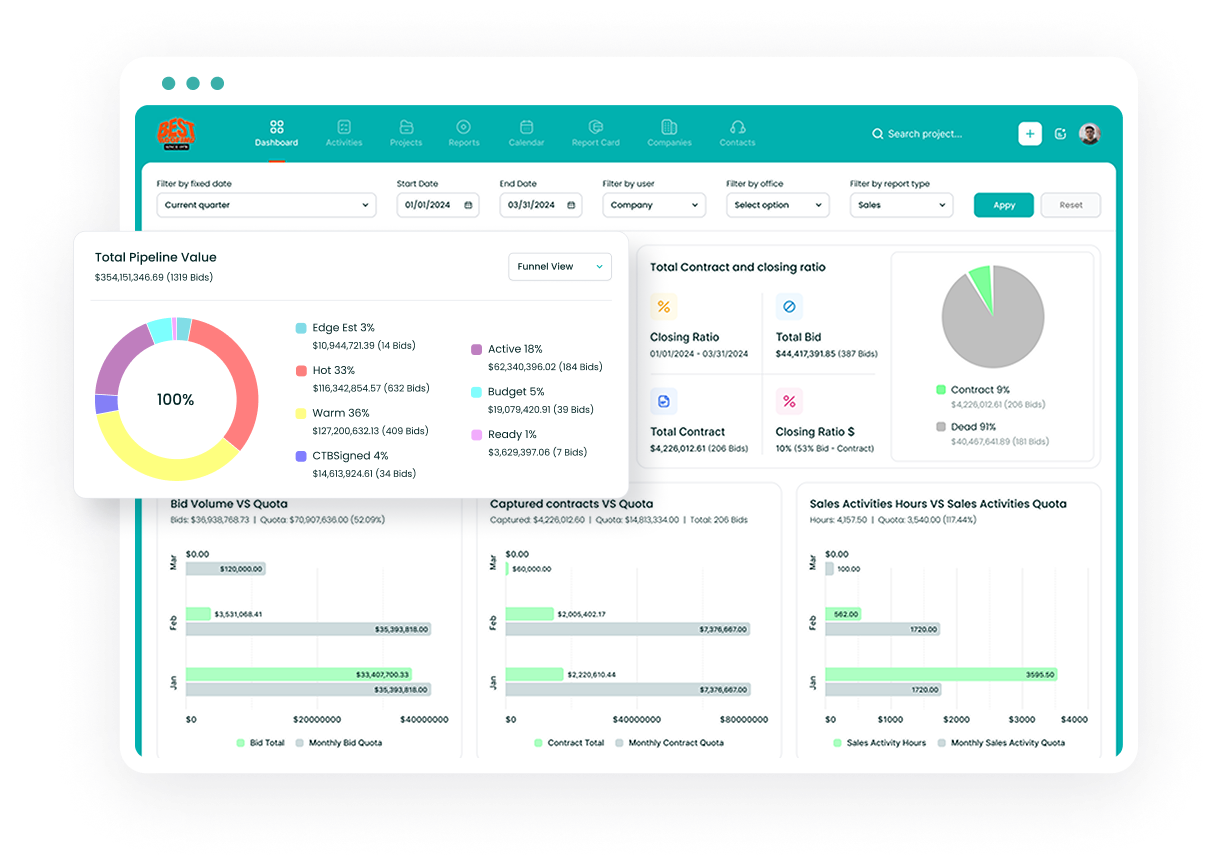Understanding Sage 100 Keyboard Shortcuts
Before customizing shortcuts, it's important to understand the default configuration. Sage 100 uses several types of keyboard combinations:
- Standard function keys (F1-F12)
- Control (Ctrl) combinations
- Alt combinations
- Combined modifiers (Shift + Alt, Ctrl + Shift, etc.)
Default Shortcut Categories
Navigation Shortcuts
The most frequently used navigation shortcuts in Sage 100 include:
- TAB: Move to next field
- ENTER: Move to next logical field
- CTRL+F5: First record
- CTRL+F6: Previous record
- CTRL+F7: Next record
- CTRL+F8: Last record
Action Shortcuts
Common action shortcuts that control system operations:
- ALT+A: Accept button
- ALT+C: Cancel button
- ALT+D: Delete button
- ALT+P: Print button
- ALT+V: Preview button
- ALT+O: OK button
Special Function Shortcuts
These shortcuts activate specific features:
- F1: Help text for current field
- F2: Lookup window
- F3 or ALT+L: Alternate lookup window
- F4: Printer button
- F7: Explorer menu
- F8: Record count
Customizing Keyboard Shortcuts
Method 1: Using Custom Office
- Navigate to Library Master > Setup > Custom Office
- Select the module containing the screen you want to modify
- Choose the screen where you want to change shortcuts
- Click on "Customize"
- Select the "Keyboard" tab
Method 2: User Preferences
- Access Library Master > Main > User Preferences
- Select the "Keyboard" tab
- Click "Modify Shortcuts"
- Choose the shortcut you want to change
- Press the new key combination
- Click "Apply" to save changes
Best Practices for Customization
When modifying shortcuts, consider these guidelines:
Consistency
- Maintain similar shortcuts for related actions across different modules
- Use memorable combinations that make sense for your workflow
- Avoid conflicts with standard Windows shortcuts
Documentation
- Keep a record of all customized shortcuts
- Share the documentation with team members
- Create a quick reference guide for new users
Testing
- Verify each new shortcut works as intended
- Test shortcuts across different modules
- Ensure no conflicts exist with other system functions
Common Customization Scenarios
Data Entry Optimization
For users primarily doing data entry, consider these modifications:
- Assign frequently used lookups to easily accessible keys
- Create shortcuts for common field navigation patterns
- Set up quick access to frequently used reports
Financial Module Customization
For accounting staff, optimize these shortcuts:
- Journal entry navigation
- Account lookup access
- Financial report generation
- Bank reconciliation functions
Inventory Management
For warehouse staff, consider customizing:
- Item lookup shortcuts
- Quantity adjustment shortcuts
- Location transfer shortcuts
- Physical count entry shortcuts
Troubleshooting Custom Shortcuts
If you encounter issues with custom shortcuts:
- Verify the shortcut isn't already in use
- Check user permissions
- Clear the keyboard cache
- Reset to default settings if necessary
- Contact Sage support for persistent issues
Advanced Customization Features
Macro Creation
Create complex macros that combine multiple shortcuts:
- Open the Macro Recorder
- Record the sequence of actions
- Assign a single shortcut to the macro
- Test the macro functionality
- Save and distribute to other users
Role-Based Shortcuts
Configure different shortcut sets for various user roles:
- Create role-specific profiles
- Assign appropriate shortcuts to each role
- Manage permissions for shortcut modification
- Deploy shortcuts to user groups
- Monitor and adjust as needed
Security Considerations
When customizing shortcuts, maintain system security by:
- Restricting shortcut modification access
- Logging shortcut changes
- Regular backup of shortcut configurations
- Reviewing shortcut assignments periodically
- Implementing change control procedures
Performance Impact
Consider these factors when customizing shortcuts:
- System response time
- Memory usage
- Network load
- User productivity
- Training requirements
Maintenance and Updates
Regular maintenance ensures optimal shortcut functionality:
- Review shortcut usage patterns
- Update documentation
- Remove unused shortcuts
- Optimize frequently used combinations
- Train users on changes
Integration with Other Systems
When integrating Sage 100 with other software:
- Check for shortcut conflicts
- Coordinate shortcuts across platforms
- Document cross-system shortcuts
- Test integrated functionality
- Maintain consistent user experience
Future Considerations
Stay prepared for system updates by:
- Backing up custom shortcuts
- Documenting modification reasons
- Planning for version upgrades
- Maintaining shortcut documentation
- Training users on new features
By following these guidelines and best practices, you can create an efficient, customized keyboard shortcut system in Sage 100 that enhances productivity and user satisfaction while maintaining system integrity and security.
Citations: [1] https://www.digitopia.agency/blog/blog-formatting-bullet-points-spacing-bold-text-etc [2] https://www.wix.com/studio/blog/font-size [3] https://help-sage100contractor.na.sage.com/Sage100Contractor/US/25_1/Content/Appendices/A-Sage100ContractorFeatures/Activating_keyboard_shortcuts_with_the_F10_key.htm?TocPath=Sage+100+Contractor+Features%7CFunction+Keys+and+Shortcuts%7C_____2 [4] https://www.wix.com/blog/blog-format [5] https://www.bcsprosoft.com/keyboard-shortcuts-for-sage-100-erp-mas-90-200-2/ [6] https://bloggingguide.com/best-font-size-for-blogs/ [7] https://blog.hubspot.com/website/how-to-bold-in-html [8] https://www.top-sage-resellers.com/blog/sage-100-erp-shortcuts-hotkeys [9] https://4acc.com/article/sage-100-keyboard-shortcuts/

